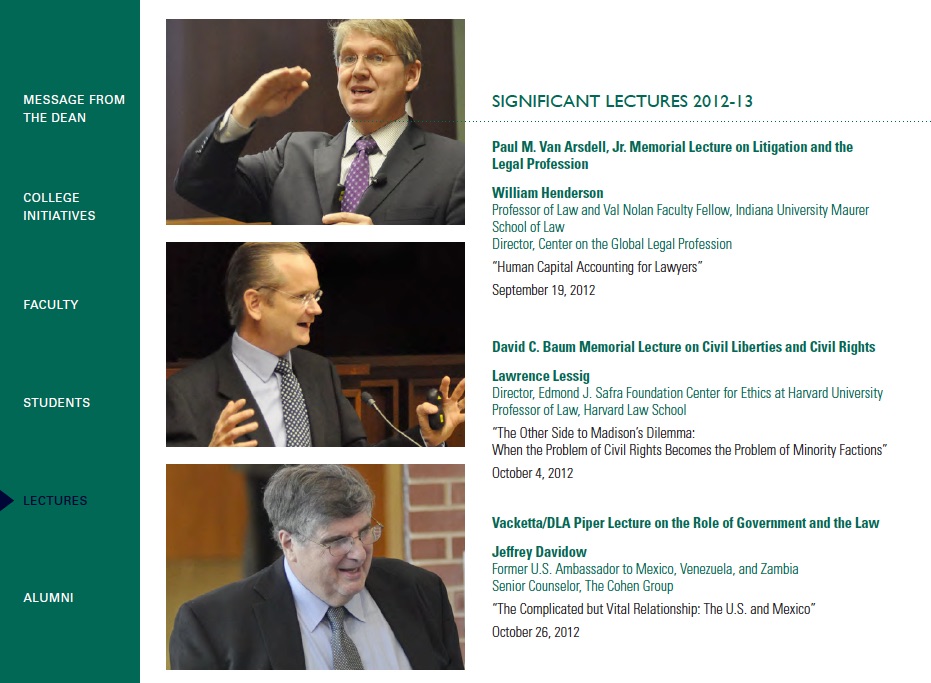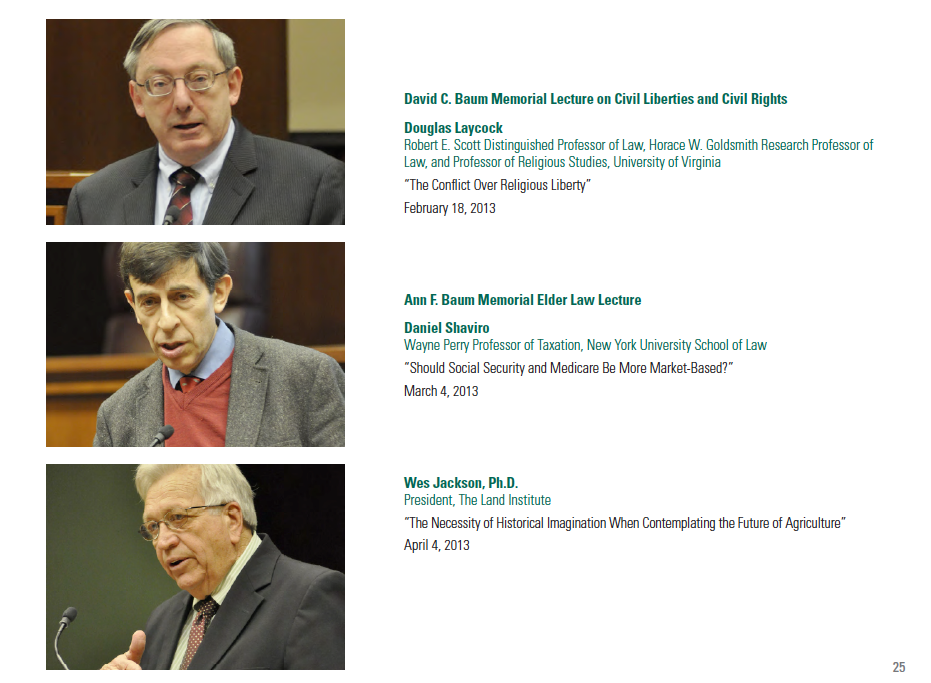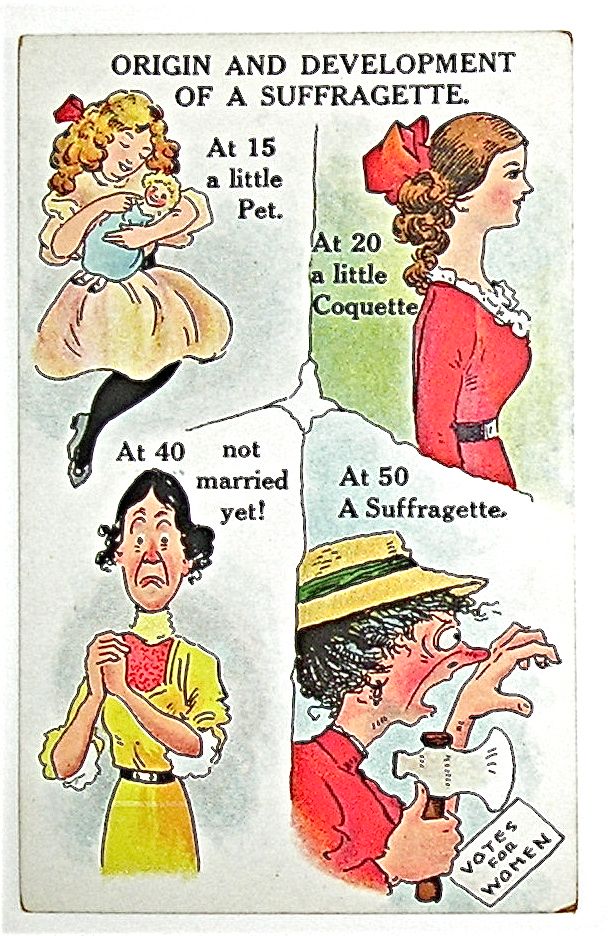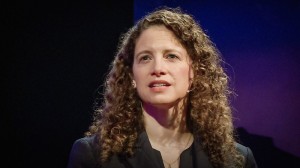From the FLP mailbox, this CFP:
CALL FOR PAPERS: “APPLIED FEMINISM AND WORK”
The University of Baltimore School of Law’s Center on Applied Feminism seeks submissions for its Eighth Annual Feminist Legal Theory Conference. This year’s theme is “Applied Feminism and Work.” The conference will be held on March 5 and 6, 2015. For more information about the conference, please visit law.ubalt.edu/caf.
As the nation emerges from the recession, work and economic security are front and center in our national policy debates. Women earn less than men, and the new economic landscape impacts men and women differently. At the same time, women are questioning whether to Lean In or Lean Out, and what it means to “have it all.” The conference will build on these discussions. As always, the Center’s conference will serve as a forum for scholars, practitioners and activists to share ideas about applied feminism, focusing on the intersection of theory and practice to effectuate social change. The conference seeks papers that discuss this year’s theme through the lens of an intersectional approach to feminist legal theory, addressing not only the premise of seeking justice for all people on behalf of their gender but also the interlinked systems of oppression based on race, sexual orientation, gender identity, class, immigration status, disability, and geographical and historical context.
Papers might explore the following questions: What impact has feminist legal theory had on the workplace? How does work impact gender and vice versa? How might feminist legal theory respond to issues such as stalled immigration reform, economic inequality, pregnancy accommodation, the low-wage workforce, women’s access to economic opportunities, family-friendly work environments, paid sick and family leave, decline in unionization, and low minimum wage rates? What sort of support should society and law provide to ensure equal employment opportunities that provide for security for all? How do law and feminist legal theory conceptualize the role of the state and the private sector in relation to work? Are there rights to employment and what are their foundations? How will the recent Supreme Court Burwell v. Hobby Lobby and Harris v. Quinn decisions impact economic opportunities for women? How will the new EEOC guidance on pregnancy accommodation and the Young v. UPS upcoming Supreme Court decision affect rights of female workers?
The conference will provide an opportunity for participants and audience members to exchange ideas about the current state of feminist legal theories. We hope to deepen our understandings of how feminist legal theory relates to work and to move new insights into practice. In addition, the conference is designed to provide presenters with the opportunity to gain feedback on their papers.
The conference will begin the afternoon of Thursday, March 5, 2015, with a workshop. This workshop will continue the annual tradition of involving all attendees as participants in an interactive discussion and reflection. On Friday, March 6, 2015, the conference will continue with a day of presentations regarding current scholarship and/or legal work that explores the application of feminist legal theory to issues involving health. The conference will be open to the public and will feature a keynote speaker. Past keynote speakers have included Nobel Laureate Toni Morrison, Dr. Maya Angelou, Gloria Steinem, Pulitzer Prize winning journalist Sheryl WuDunn, Senators Barbara Mikulski and Amy Klobuchar, and NOW President Terry O’Neill.
To submit a paper proposal, please submit an abstract by Friday, 5 p.m. on October 31, 2014, to ubfeministconference@gmail.com. It is essential that your abstract contain your full contact information, including an email, phone number, and mailing address where you can be reached. In the “Re” line, please state: CAF Conference 2015. Abstracts should be no longer than one page. We will notify presenters of selected papers in mid-November. We anticipate being able to have twelve paper presenters during the conference on Friday, March 6, 2015. About half the presenter slots will be reserved for authors who commit to publishing in the symposium volume of the University of Baltimore Law Review. Thus, please indicate at the bottom of your abstract whether you are submitting (1) solely to present or (2) to present and publish in the symposium volume. Authors who are interested in publishing in the Law Review will be strongly considered for publication. Regardless of whether or not you are publishing in the symposium volume, all working drafts of symposium-length or article-length papers will be due no later than February 13, 2015. Abstracts will be posted on the Center on Applied Feminism’s conference website to be shared with other participants and attendees. Presenters are responsible for their own travel costs; the conference will provide a discounted hotel rate, as well as meals.
We look forward to your submissions. If you have further questions, please contact Prof. Margaret Johnson at majohnson@ubalt.edu.
I’ve been to the Feminist Legal Theory Conference at Baltimore and find that it hosts high-quality programming, so definitely check this out!
-Bridget Crawford


 Feminist Law Prof Pamela Bridgewater has died after a long illness. Al Brophy has some details
Feminist Law Prof Pamela Bridgewater has died after a long illness. Al Brophy has some details 


 Penny M. Venetis (Rutgers) has been named as Executive Vice President and Legal Director of
Penny M. Venetis (Rutgers) has been named as Executive Vice President and Legal Director of 
 Jo Ann Harris, the first woman to head the DOJ’s criminal division, died yesterday of lung cancer. Ms. Harris was a visiting scholar at Pace Law School and the architect of our school’s Federal Judicial Honors Program. Ms. Harris also was the author of a special counsel report critical of the federal handling of the investigation into Monica Lewinsky’s claims of an affair with President Clinton.
Jo Ann Harris, the first woman to head the DOJ’s criminal division, died yesterday of lung cancer. Ms. Harris was a visiting scholar at Pace Law School and the architect of our school’s Federal Judicial Honors Program. Ms. Harris also was the author of a special counsel report critical of the federal handling of the investigation into Monica Lewinsky’s claims of an affair with President Clinton.







